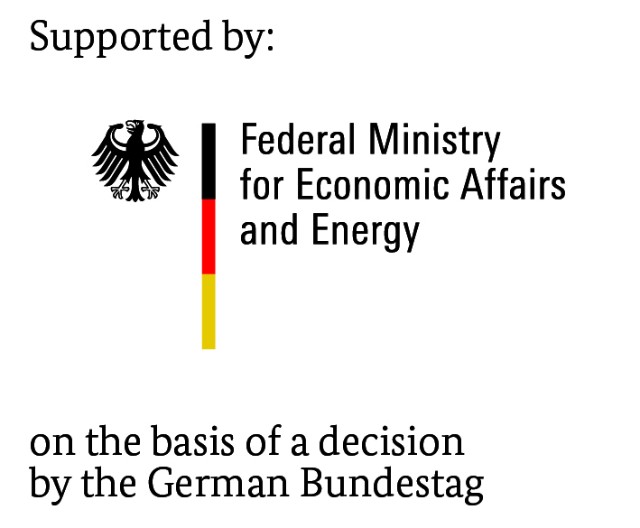Big Data in wind energy – how digitalization can make wind power more cost-efficient
Interdisciplinary research team develops virtual assistant for wind farms
The research project WiSA big data ("Wind farm virtual Site Assistant for O&M decision support - advanced methods for big data analysis") launched in the beginning of December is funded by the Federal Ministry for Economic Affairs and Energy (BMWi) with a total of 2.6 million Euros over a period of three years. Within the framework of WiSA big data, scientists and partners from industry are analyzing large amounts of high-resolution operating data of wind turbines. New and advanced analysis methods will help to detect malfunctions in the operation of wind turbines at an early stage and to optimize the maintenance of the turbines.
In modern wind turbines, large amounts of operating data are recorded with a high temporal resolution. Up to now, however, this data has only been archived in part and in the form of ten-minute mean values and has not been fully evaluated. In addition, measurement noise often overlays the data, which complicates the analysis. "In our joint project, we want to exploit this treasure of data and make it usable with new and advanced analysis methods," says project coordinator Prof. Dr. Joachim Peinke from the Center for Wind Energy Research (ForWind) at the University of Oldenburg. "The analysis of the data should help us to detect or even predict errors in the operation of wind turbines at an early stage". However, there is still a significant need for research to unlock the potential of the information contained in the data.
The collected data include weather data, information from repair and maintenance reports and high-frequency sensor measurements such as rotor speed, power and temperatures. The project partners intend to collect, manage, analyze and evaluate these data on a specially developed hardware and software platform. The aim of the project is to develop a virtual assistant for the wind industry. This tool should enable more precise fault diagnosis and provide wind farm operators with decision-making support for the predictive maintenance of wind turbines. "By evaluating the data, we will be able to determine much more accurately when irregularities occur and what the best possible procedure would be. This will enable the wind farm operator to react immediately and get the turbine back into normal operation quickly," says Peinke. Such a virtual assistant would simplify the time-consuming and expensive maintenance and service of wind turbines at sea and thus help to generate wind power more cost-effectively.
In WiSA big data, the project consortium wants to build a bridge between valid methodological research and industrial application testing. In addition to the University of Oldenburg with the Center for Wind Energy Research (ForWind), the Institute for Chemistry and Biology of the Marine Environment (ICBM) and the Department of Business Informatics / Very Large Business Applications (VLBA), six other partners are involved in the joint project: the University of Duisburg-Essen, the Fraunhofer Institute for Wind Energy Systems IWES, the OFFIS - Institute for Information Technology, Ramboll Deutschland GmbH, Ocean Breeze Energy GmbH & Co. KG and Deutsche Windtechnik X-Service GmbH.

The project consortium is supported among others by the associated partners Vattenfall Europe Windkraft GmbH and ADDITIVE Soft- und Hardware für Technik und Wissenschaft GmbH.
Contact University Oldenburg:
Prof. Dr. Joachim Peinke
Phone: +49 441 798-5050
E-mail: peinke@forwind.de
 Fraunhofer Materials
Fraunhofer Materials